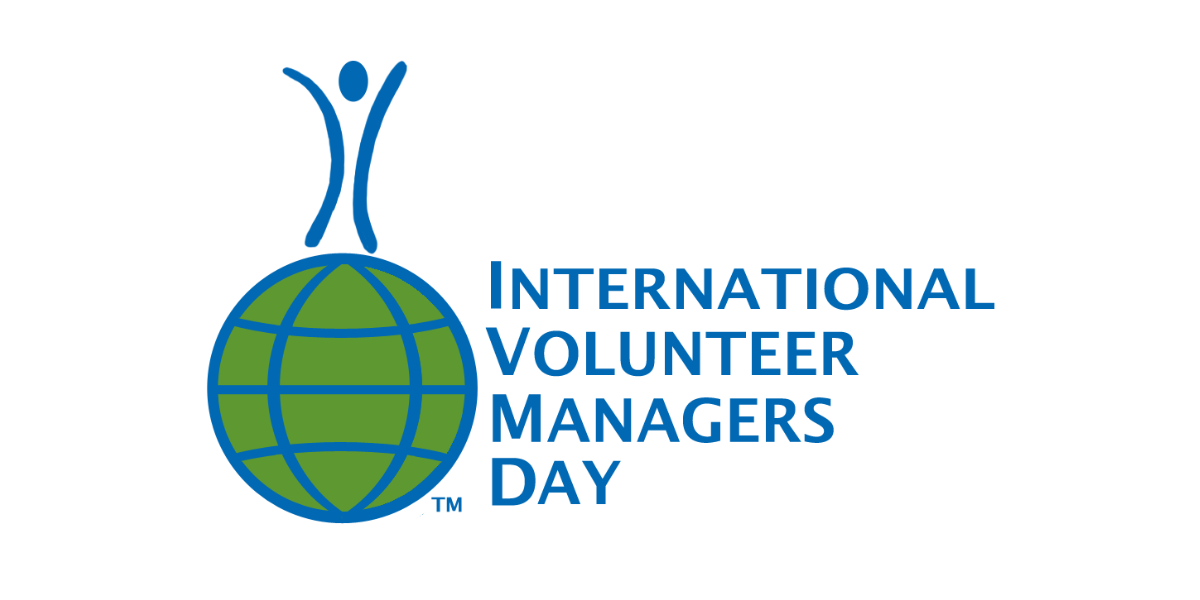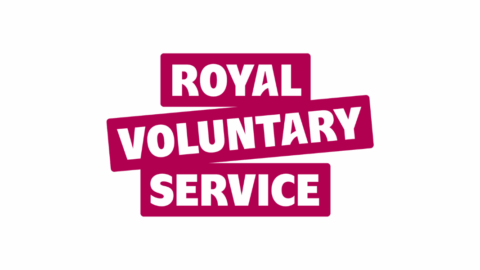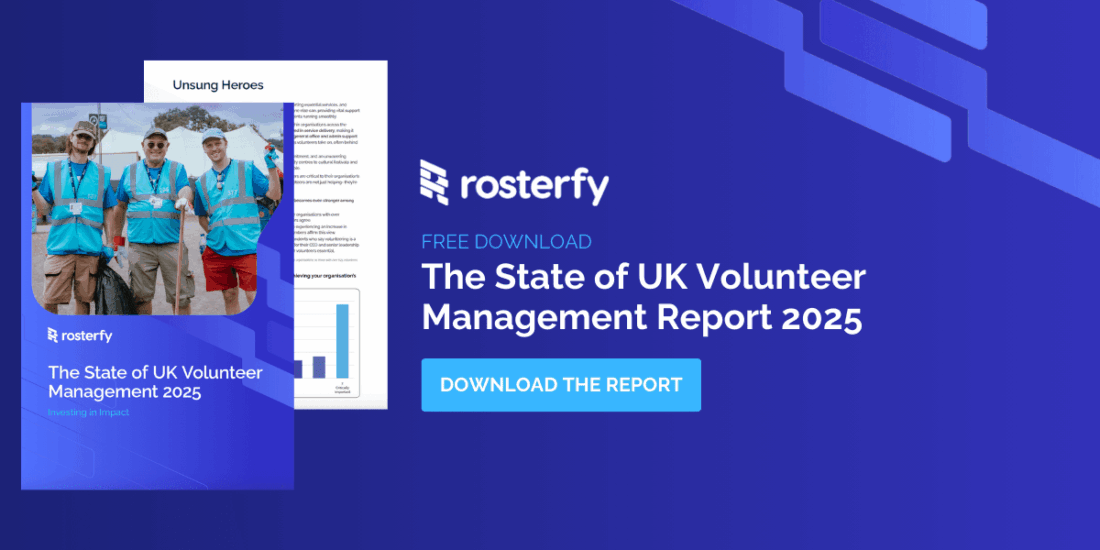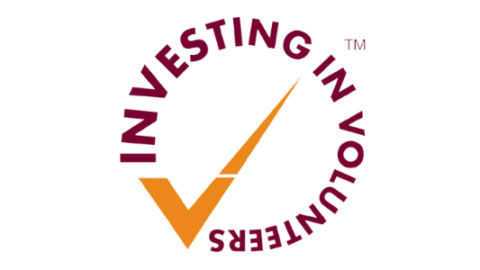International Volunteer Managers (IVM) Day is the perfect opportunity for us as practitioners to reflect on our work and take stock of our professional development.
However, in some ways this is not so straightforward. The profession of volunteer management is still in the early stages of development. As a result, we lack the points of reference professionals from more established professions take for granted, such as:
- Our area of expertise is not widely known or recognised
- We lack a clear agreement on the scope of volunteer management as a profession
- We’re exposed to competing practice models (e.g. are we experts, service providers or partners of volunteers and beneficiaries?)
- Expectations in terms of continuing professional development vary widely
Where can we get our bearings as we seek to set a course through the uncharted seas of our own professional development in volunteer management?
1. Look where we’ve come from
The profession of volunteer management is in its infancy, so it’s even more important to make the most of the literature that has been written, on the professionalisation of volunteer management. Over the last 15 years or so, there have been a growing number of scholarly articles in this area.
“The Right Stuff: New ways of thinking about managing volunteers” by Meta Zimmeck (2000) can help give perspective on the question of practice models from “modern management” to the “home grown” model.
“Organising cultures: voluntarism and professionalism in UK charity shops” by Richard Goodall (2000) considers the meaning of “professional” in the context of volunteer management in charity shops. Goodall argues volunteer managers could be every bit as ‘professional’ as retail managers but the nature of their expertise was not so readily recognised. An idea that still chimes with our discussion over 13 years on. Pat Gay’s “Bright Future: Developing Volunteer Management” (2001) sets out recommendations for the creation of a new professional body which are interesting to reflect on at this current stage in the development of the Association of Volunteer Managers.
Another discussion that’s useful to get in context is that of standards. “A Standards Framework for Managing Volunteers – A Report to the Voluntary Sector National Training Organisation” (2002) sets out a background to this question on what are the knowledge and skills required in volunteer management. This provided a lot of the groundwork of the National Occupational Standards for Management of Volunteers (2003).
2. Look across
Colleagues across the world have been working on strikingly similar challenges of how to develop and grow the profession of those working in volunteer management. Organisations and groups have developed different solutions – often with different emphasis – and each holds key lessons for us in the UK.
It’s inspirational to be able to read about the stories such as that of the “Volunteer Management Professionals of Canada“, an organisation with over 30 years of championing volunteer management, or the Council for Certification in Volunteer Administration in the United States which has developed a popular qualification in volunteer management.
There’s also the “Australasian Association for Managers of Volunteers”, a professional network in Australasia, and “New Zealand Competencies for Managers of Volunteers”, developed by Volunteering New Zealand, a very new approach to the challenge of improving standards and training across the profession of volunteer management.
On the question of principles and values, The Association of Leaders in Volunteer Engagement and the Universal Declaration on the Profession (2001) made in Canada are incredibly valuable.
3. Look around
There’s a temptation to look inwards on IVM day and focus on volunteer management. However, it’s really important we don’t restrict our learning possibilities. There’s a huge amount we can learn from other professions and how they have developed. From health to the legal sector, from education and social work, from finance to project management – there are huge lessons for us. Our context is incredibly distinctive, however many of the issues we face aren’t. The professional association community is incredibly vibrant in the UK and there are huge opportunities if we can think laterally.
- “Professionalism in healthcare professionals” by the Health and Care Professions Council looks at issues such as the interpretation of the term ‘professionalism’ and how we understand it,
- “Setting Standards: The future of legal services education and training regulation in England and Wales” is a huge review conducted over a number of years covering the work of solicitors, barristers and legal executives and explores ideas of knowledge, competency and models of continuing professional development.
- Volunteer management faces many of the changes the teaching profession has gone through. Stan Lester’s paper “Professionalisation and professionalism in UK further education and training: a commentary” explores many of the changes the teaching profession has gone through.
4. Look next to you
Your colleagues and peers are just there and in today’s world more contactable than ever. There are also sorts of ways in which you can network and learn about your profession by talking through the issues you face, with others going through similar challenges themselves.
Communities and networks such as: ivo.org, VMM, AVM and UKVPMs. There’ also NNVIA, AVSM, NAVSM. But it’s also worth similar professional networks beyond volunteer management through organisations such as PARN (Professional Associations Research Network).
5. Look forward
Finally, think about what we need as a profession that can help us all in our future professional development. If you’d be interested in helping AVM develop and curate online information and content on professional development of volunteer management, please get in touch.
==========
Archive: blog post by a former AVM Board member





